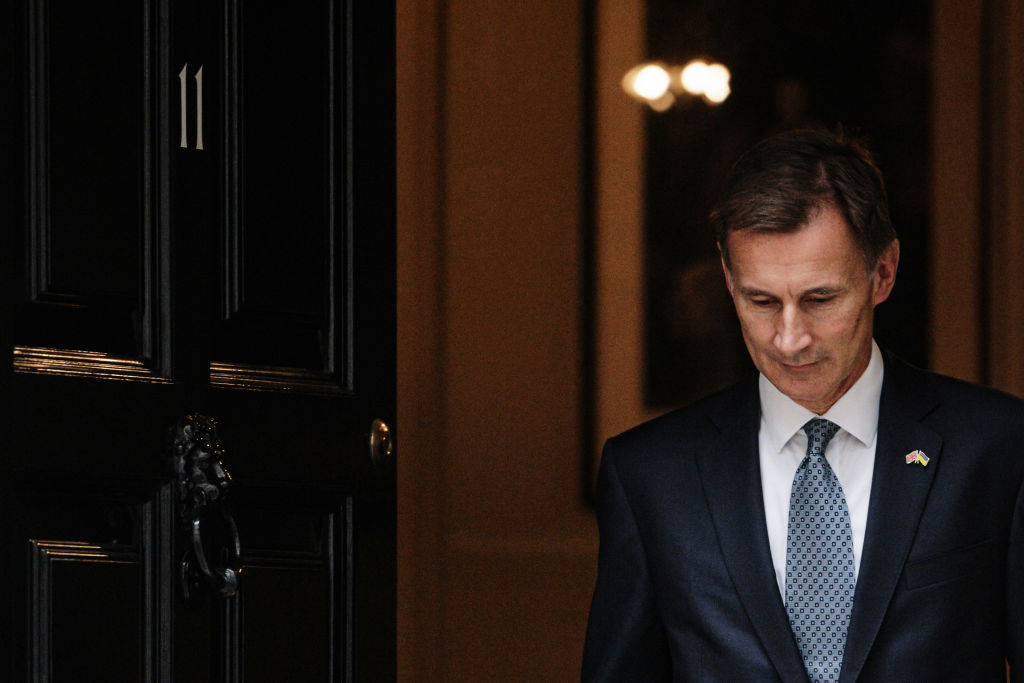And so it begins. French energy company TotalEnergies SE has become the first out of the gate to announce a change of plans for investment directly linked to the energy profits levy brought in by Rishi Sunak this spring, and expanded by Jeremy Hunt. The company says it will cut back its investment plan by 25 per cent next year, which will see roughly £100 million directed elsewhere.
While this is one of the first companies to officially announce investment changes in the North Sea due to the windfall tax, it may not be the last. Shell is making similar noises; the company, so far, has used a loophole which was intentionally worked into the system to allow it to avoid most of the windfall tax by reinvesting its profits instead. But now the company suggests that up to £25 billion could be reallocated as the levy no longer seems like a short-term mechanism. Meanwhile, renewable energy companies are up in arms about the new windfall levy on their profits and are openly discussing how this might change investment.
A big problem for the oil and gas companies, it seems, is Hunt’s extension to the tax. BP, for example, had its fears calmed when it was made clear that a sunset clause would be introduced in 2025. But Hunt’s decision – not only to increase the levy from 25 per cent to 35 per cent – but perhaps more significantly to expand it to 2028, has business chiefs and investors seriously questioning the so-called ‘short-term’ nature of the scheme.
We are moving from an era of cheap money to an era of money grabbing
The news will come as a blow to the government which, for three consecutive prime ministers, has embraced the idea of grabbing at the ‘excess’ profits of energy companies, insisting it won’t have any meaningful impact on investment. Just like inflation (it’s ‘transitory’!) and interest rates (‘low for long’), it seems like once again the old economic rules do apply – it’s just a question of when they kick in. In this case, that rule looks something like a Laffer curve for business taxation: TotalEnergies is suggesting there is a rate that is high enough to fundamentally change behaviour.
One of Rishi Sunak’s personal goals since his time as chancellor (which he is certainly carrying over into No. 10), is to boost Britain’s lacklustre figures for business investment. It was a core part of his Mais Lecture earlier this year while he was still chancellor, and it’s one of the main reasons he included a loophole in the windfall tax in the first place: to try to get businesses to pour their profits into new machinery and technology instead. No doubt he will be watching the TotalEnergies’ story closely and keeping an eye on how other oil, gas and renewable companies react.
This week’s movement on the levy, however, certainly puts a pin in the idea that these profit grabs are a new version of ‘easy money’. Windfall taxes always risk divestment, which means both the Treasury’s coffers and British workers lose out in the medium-term. But perhaps even worse, they rest on the notion that a person or company’s money isn’t really their own: it belongs to the state, which can come and claim it when it feels so compelled.
As I say in today’s Telegraph, we are moving from an era of cheap money to an era of money grabbing, as borrowing billions more to make good on spending promises is no longer an option. But introducing the idea of an excess profits levy is already coming back to haunt the Tories. This idea that all money is actually the property of the state is now being capitalised on by Labour, used this week to make the case for charging VAT on private school fees, with Labour leader Keir Starmer suggesting that not hiking taxes is somehow equivalent to a handout.
This week shows TotalEnergies does not agree with this assessment that their profits are inherently the property of the state. The question is which side of the line other companies will fall on.







Comments